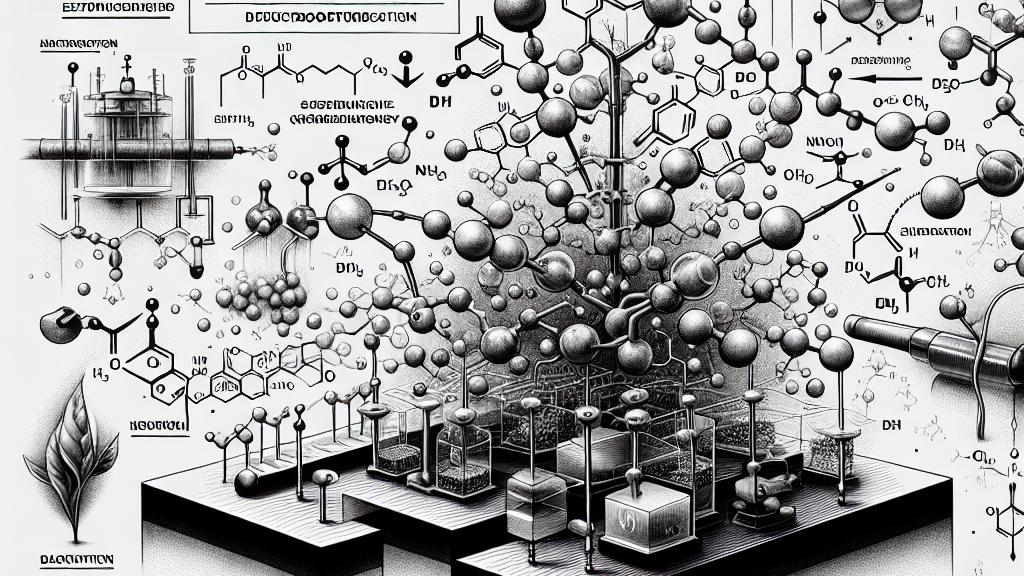Deuteration Dynamo: Revolutionizing Aromatic Hydrocarbons with Electrocatalysis!
Overview
- Explores a novel electrocatalytic method for the efficient deuteration of aromatic compounds.
- Highlights innovative applications in synthesizing highly deuterated drug molecules with improved efficacy.
- Analyzes broader implications for drug development and advancements in materials science.

Groundbreaking Deuteration Techniques Advanced in China
In a significant stride forward for organic chemistry, researchers in China have developed a groundbreaking electrocatalytic method for reductive deuteration, as detailed in a 2024 study published in Nature. This technique transforms aromatic hydrocarbons into saturated deuterocarbon products through an efficient process utilizing nitrogen-doped electrodes and D2O. This advancement is crucial as it not only facilitates the efficient synthesis of complex organic molecules but also indicates a scalable method that is vital for its application in various chemical industries. The potential to incorporate deuterium—a stable isotope of hydrogen—can lead to the production of superior compounds invaluable in fields such as medicinal chemistry and nanotechnology.
Transformational Effects on Drug Development and Pharmacology
The implications of deuteration extend deeply into the realm of drug development, offering unique advantages that enhance the pharmacokinetics and safety profiles of drugs. In recent literature, the success of deuterated drugs such as deutetrabenazine and donafenib emphasizes the effectiveness of this method in creating compounds with improved metabolic stability and reduced side effects. The 'deuterium switch' approach allows scientists to modify existing drugs, leading to better therapeutic outcomes while retaining their original efficacy. Such innovations are set to redefine pharmaceutical practices as they illustrate the potential for safer, more effective treatments that could ultimately improve patient care and revolutionize therapeutic strategies.
Future Directions and Applications in Material Science
Looking ahead, the advancement of electrocatalytic reductive deuteration bears immense potential not just for drug synthesis but for a wider spectrum of applications in materials science, particularly in the development of carbon-based nanostructures. Aromatic hydrocarbons play a crucial role in producing high-performance materials, and the ability to create deuterated variants opens new avenues for innovations in electronics, energy production, and environmental technology. Research into complex structures such as aromatic hydrocarbon belts indicates vast possibilities in nanotechnology, which may lead to groundbreaking applications in clean energy and smart materials. As the field of deuteration evolves, the integration of these compounds will be essential in steering future scientific advancements.

Loading...